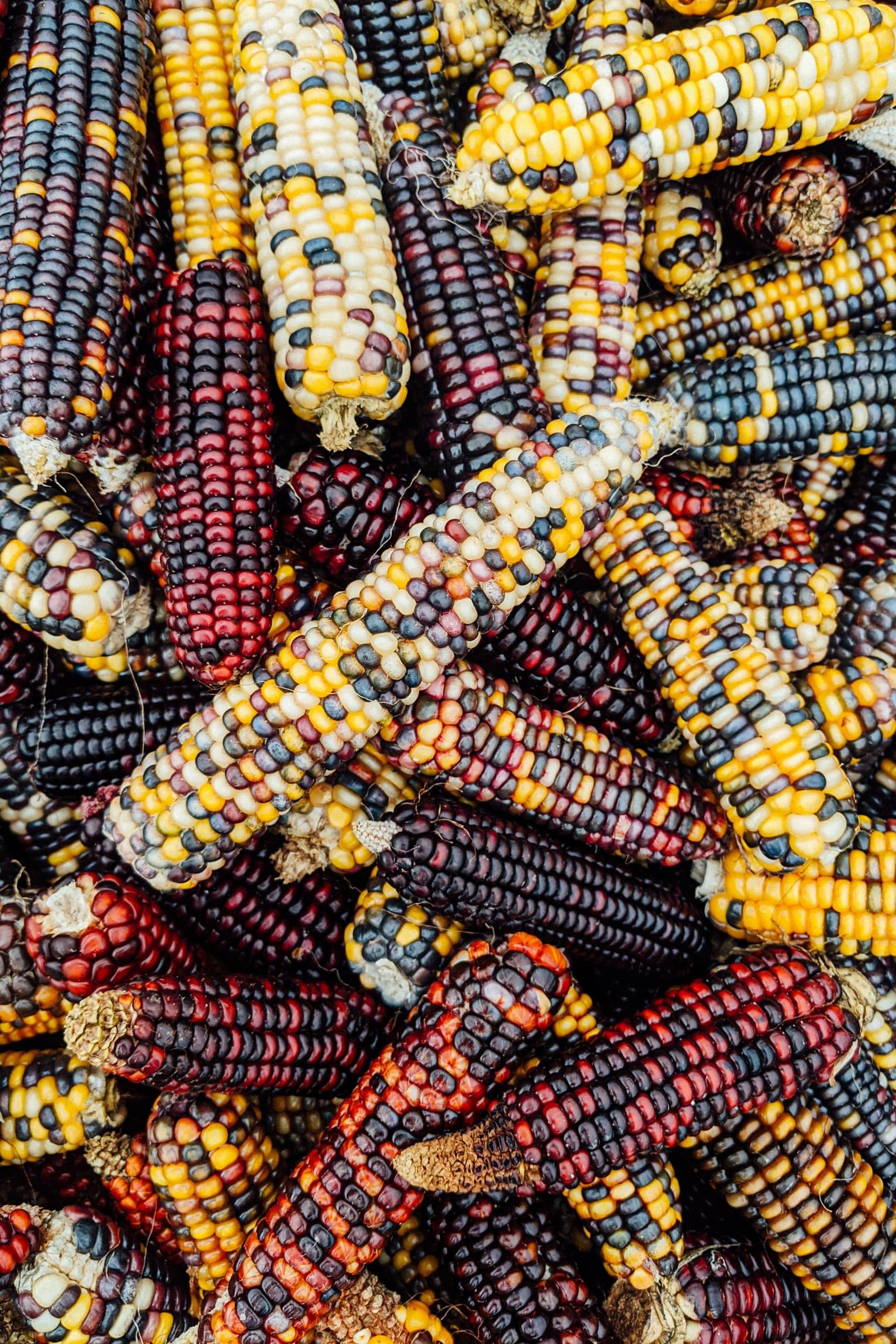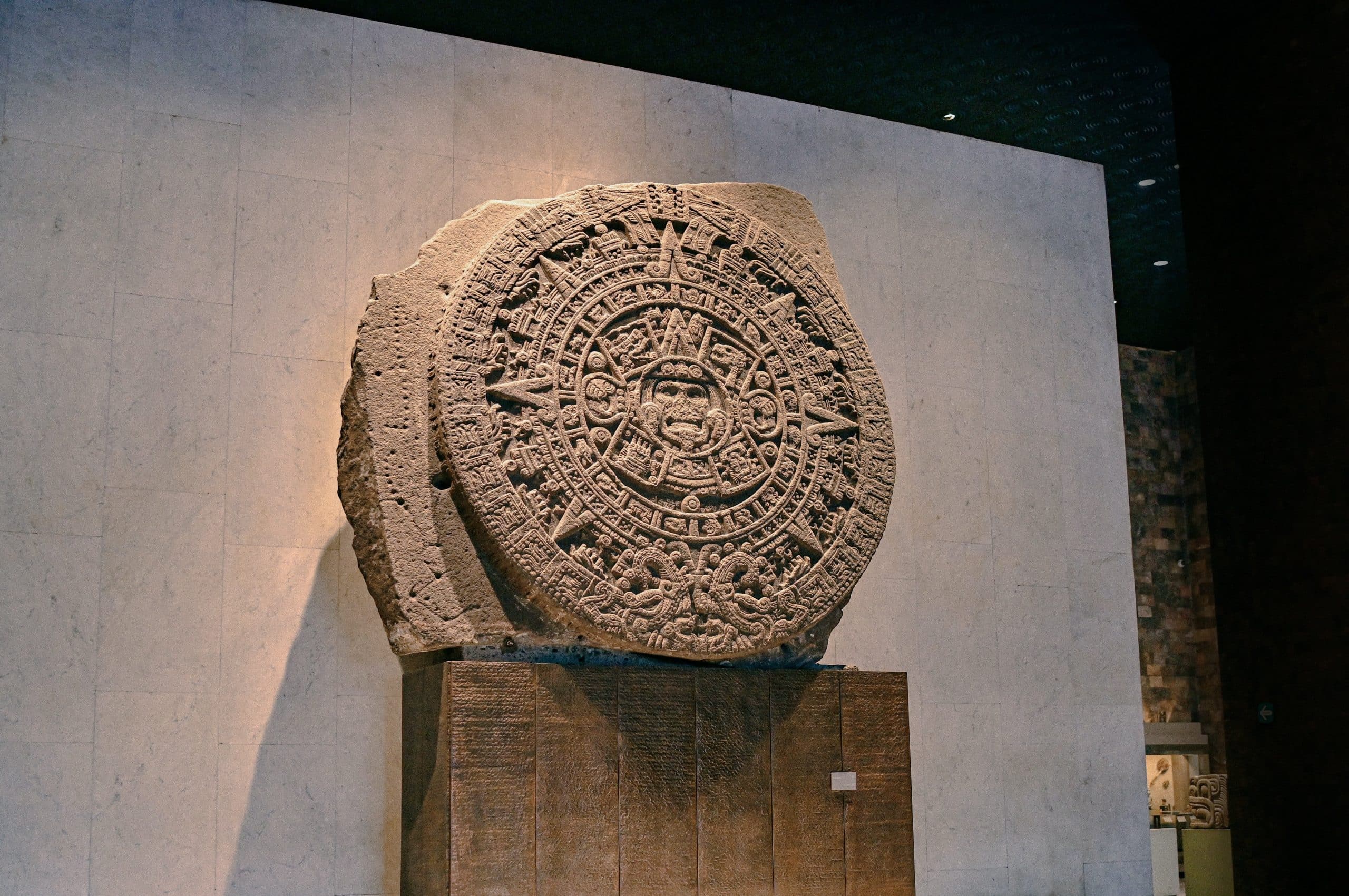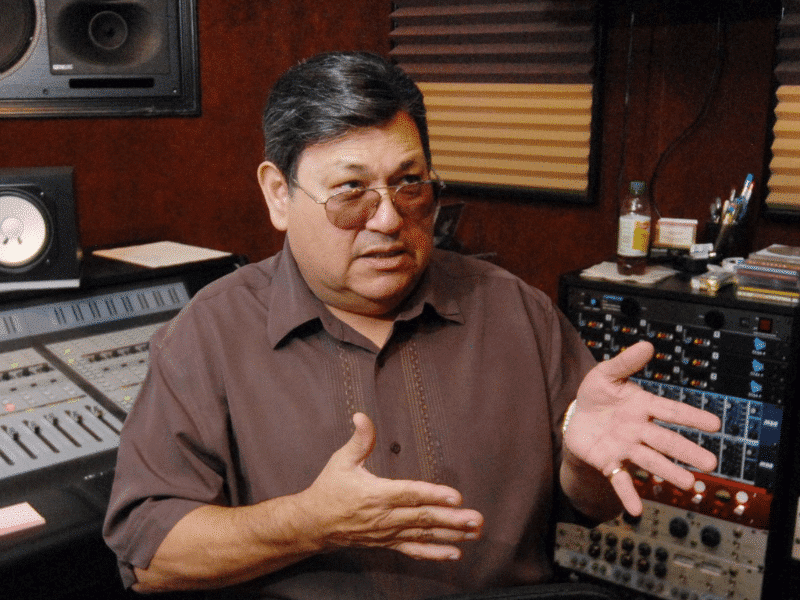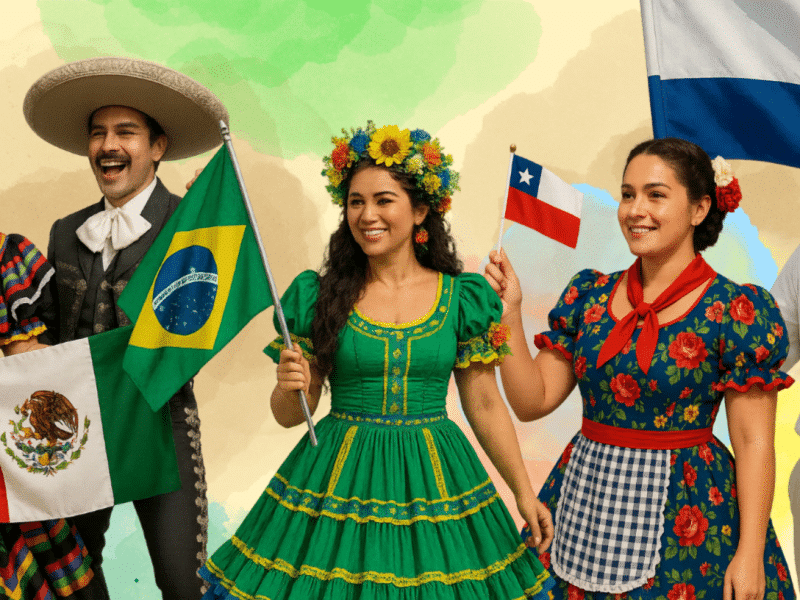Maize, Math, and Medicine: Mesoamerica’s Overlooked Legacy
The act of looking back to our ancestors for information about them and their practices that existed before colonization isn’t talked about nearly enough.

The act of looking back to our ancestors for information about them and their practices that existed before colonization isn’t talked about nearly enough. Latinos are complex and hard to categorize primarily because the colonization and genocide of Latin American people resulted in generations of people who can no longer be identified by one race alone.
With so much to discover and learn, the practice of astrology and related meta-physical practices is just one of many enormous bodies of largely untapped knowledge. Mayan Astrology includes the use of sun signs and galactic numbers, and as the name implies, this astrology system came from the Mayan civilization and was, and still is, one of the most sophisticated astrological systems in existence.
There’s much more to know about this civilization and the neighboring civilizations that made up Mesoamerica. What we now know as Southern North America and Central America was once home to pre-Columbian societies for more than 3,000 years until the Spanish Colonization of the Americas, extending from central Mexico through Belize, Guatemala, El Salvador, Honduras, Nicaragua, and northern Costa Rica.
The area housed many civilizations, the most prominent being the Mayans, Aztecs, Incans, and Olmecs, occupying the region through different periods.
Similar to other ancient civilizations like the Egyptians, the Mayan intricacy of their systems was mindblowing. The Mesoamerican civilizations and their architectural structures, religious systems, and other systems set in place were so advanced that researchers today can sometimes still only guess what certain things actually meant or how they functioned.
Because the ancestral history of modern U.S.-based Latinos is so important, here are four typical traits shared amongst all civilizations in Mesoamerica:
Medicine

Known for medicinal herbs, the people of Mesoamerica had an extensive inventory of hundreds of different medicinal herbs and plants. They believed good health consisted of taking care of the spirit just as much as the physical body; hence two branches of medicine were practiced. The first was a Shamanic tradition, where Shamans worked as healers through spiritual practices and healed different diseases. The other branch of medicine used pragmatic knowledge to heal things such as fractures, wounds, etc; they commonly used plants. For example, they already used acetylsalicylic acid, the active ingredient in Aspirin, and they extracted it from willow bark.
These plant and spiritual-based healing practices continue in many forms to this day.
Food

Mesoamerica’s people were responsible for harvesting one of the world’s most important crops: Maize (also known as corn). They were also the ones to develop the harvest of tomatoes and most of the beans that we consume in modern times. These crops are still a critical food staple in Latin American diets, in addition to influencing food traditions and dietary habits around the world. The magnitude of the global impact these crops have had can’t be understated.
Math

In Mesoamerica, Math was more than just the sum of numbers. Numbers, for them, had meaning. For example, in Mayan culture and Astrology, the number 13 was a sacred number known as “The number of original Mayan Gods.” For Mesoamerican civilizations, the number system consisted of 20 numbers represented by dots and bars. Dots were equal to one unit, and bars were equal to five. One of their most remarkable contributions to math came from the Aztecs, who were the creators of the abacus used for arithmetic calculations. The abacus is the first calculating tool, which is why you’ve probably heard it being called the first computer or the first calculator.
Astronomy

These civilizations had a deep knowledge of astronomy and developed some of the most accurate pre-telescope astronomy in the world. This knowledge led to the development of the Mesoamerican calendars, most notably the Mayans, who to this day are still the ones to be considered the developers of one of the most intricate and accurate calendar systems in history.
The history of Mesoamerica runs much deeper than what lies on the surface, and we could spend lifetimes researching it and never finish. Their intricate systems and discoveries significantly contributed to civilization as we know it, but understanding and taking pride in what our ancestors built and the culture that they left behind is just as important.



